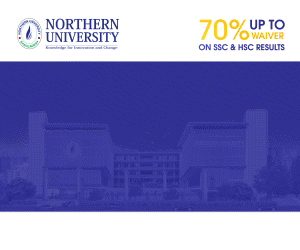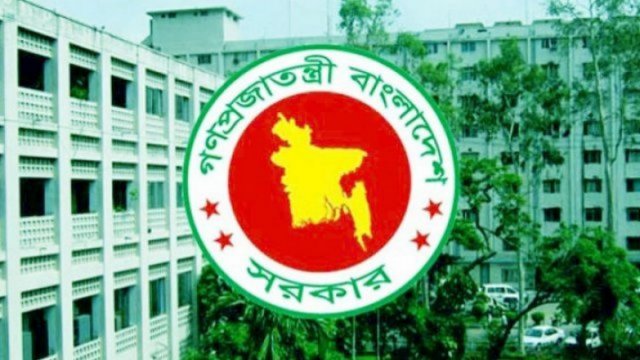Amid an ongoing exodus of Bangladeshi patients seeking treatment abroad, Dhaka Medical College Hospital (DMCH) stands poised to lead the country towards a future as a medical tourism hub.
Local residents, frustrated by inadequate healthcare facilities, are expressing their hopes for improved medical infrastructure and services that could, in turn, attract patients from neighboring countries.
Bijoy Sikdar, a resident of Mohammadpur, is among those who have frequently travelled to India for his father's medical treatment.
"If our country had better medical facilities, we wouldn’t need to go abroad; instead, people from other countries would come here for treatment," he shared, underscoring the urgency of developing local healthcare facilities.
The sentiment is echoed by Rezaul Karim, who had to take his son, Shakhor Karim, to India for neurological care.
"The costs aren’t much higher there than here. Dhaka Medical is overwhelmed with patients, making timely care challenging," he explained.
Similar accounts from Habib Khan, who frequently seeks treatment in India and Thailand, stress the need for an upgraded system that allows for comprehensive, timely care.
Despite Bangladesh’s array of skilled doctors, government hospitals such as Dhaka Medical struggle under the pressure of an overwhelming patient load.
A specialist at DMCH, wishing to remain anonymous, cited the hospital’s lack of essential equipment and capacity for treating complex diseases. "We are forced to watch as patients go abroad, knowing they could be treated here if we were better equipped," he said.
The Bangladesh Outbound Tour Operators Forum reports that approximately 800,000 people from Bangladesh seek medical treatment abroad annually. India is the most popular destination for these medical tourists, with Thailand, Singapore and Malaysia also being significant choices.
Responding to these concerns, Brigadier General Asaduzzaman Khan, the Director of Dhaka Medical College Hospital, expressed a clear vision for transforming the hospital into a medical tourism destination.
"Our expansion plan includes a new building for foreign patients, specialised services, advanced equipment, and an increase in bed capacity to 5,000," he shared, adding that conversations with health advisers have already begun.
The director highlighted that these steps, if implemented across government hospitals, could not only enhance public trust but also draw patients from other countries. "It’s a vision that requires investment and strategic planning, but it’s achievable," he said.
However, Dhaka Medical’s existing infrastructure continues to be plagued by severe mismanagement.
Patient care is hindered by a nearly doubled patient load compared to seating capacity, leading to scenes of overcrowded corridors and unhygienic conditions.
The lack of sufficient resources and infrastructure has driven countless patients to seek alternatives abroad, undermining the hospital's potential to be a regional healthcare leader.
Director Asaduzzaman Khan acknowledged these persistent issues and reflected on missed opportunities.
"If we had prioritised replacing old buildings and constructing new ones earlier, perhaps we wouldn’t face this overwhelming chaos now," he said, pointing out that timely planning could have prevented the current burden of patient overflows and corruption-related challenges.
Established in 1946 following the partition of India, Dhaka Medical College has grown from an institution with just four departments to one that now accommodates numerous departments and thousands of students.
Expansion efforts over the decades have added new buildings and facilities, including a complex inaugurated in 2013. However, despite these developments, patient demand has consistently outstripped capacity.
Today, Bangladesh boasts 39 public medical colleges and 68 private ones, with government seats numbering 5,380 and private seats at 6,040 for aspiring MBBS students. While these numbers suggest significant growth in medical education, the capacity to serve patients locally remains inadequate.
As Bangladesh’s premier healthcare institution, Dhaka Medical College Hospital holds immense potential to advance Bangladesh’s position in medical tourism, provided that urgent steps are taken to rectify existing infrastructure issues and manage patient volumes effectively.
With strategic investments and an organised approach, Bangladesh can realise a future where not only does it retain its citizens for medical treatment, but it also attracts international patients seeking quality care.
source: UNB







